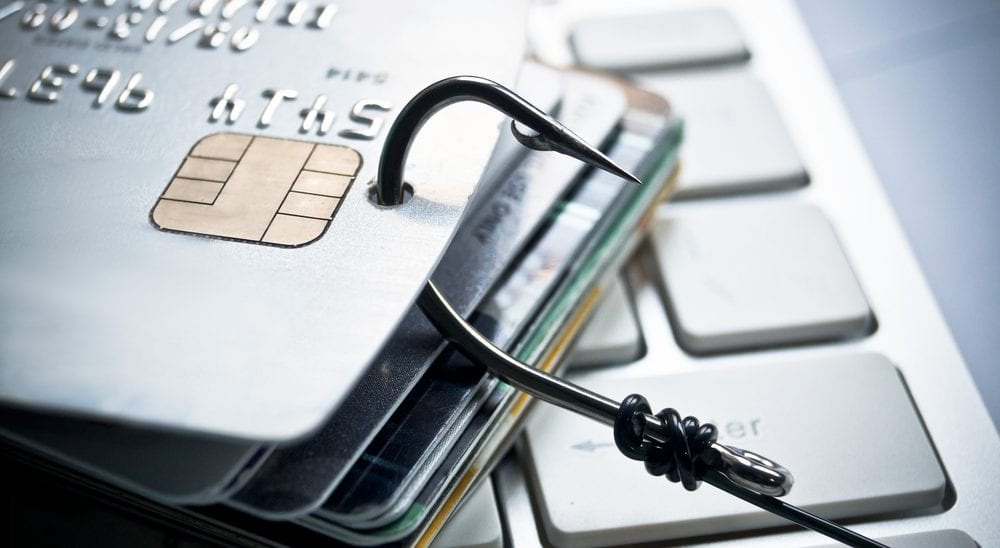Survey Reveals Consumers Ignore Online Fraud Risk Triggered by Pandemic

US and UK consumers found overconfident and willing to risk online security for key staples like toilet paper and more
There is no question that the pandemic has created large-scale social and behavioral shifts among consumers. Not only has it fundamentally changed attitudes toward risk, but it is challenging expectations around online security, convenience and access, or lack thereof, to key staples, e.g. toilet paper purchased online, and other digital services. Yet despite our upended reality and recent surge in fraud as a result of the pandemic, research by digital identity leader, Callsign, shows consumers are not taking the necessary precautions to protect their online identity. Instead, they prioritize convenience and speed of access of online goods and services over personal security.
The research, conducted by YouGov in April 2020 on behalf of Callsign – surveying more than 4,000 U.S. and UK consumers – also reveals overconfidence among consumers in relation to their perceived strength and level of protection their credentials provide, with 77% believing their banking credentials to be the most secure, followed by online shopping (74%) and work network logins (71%).
This overconfidence may also explain why many consumers failed to update their login details with more than half (52%) of online shoppers admitting they have no plans to update their login details, with this figure rising to 55% with online banking customers and 54% for employees that are working from home, remotely accessing their work’s networks and systems.

Key Survey Findings:
- Risking It All for Toilet Paper – When in isolation and under pressure to buy scarce, staple items e.g. toilet paper, nearly one in four (26%) consumers in the U.S. admitted to overlooking online security concerns – using third-party online merchants – while one in five (13%) UK consumers admitting taking similar risks.
- Remote Workers More Mindful of Business Credentials Over Own – U.S. and UK consumers (21%) were also found to be more likely to update work network login details over their own online banking (19%) and shopping (19%) credentials. While the disparity was marginal, this could be explained by employers’ willingness to provide staff with information and tools to update their login details, with almost half (45%) of respondents saying they had received this information when the pandemic hit – a figure that is higher (60%) for full-time workers.
- Frictionless Digital Reality Still in Question – The research also highlights that nearly two thirds (61%) of respondents are struggling with business networks and systems access, while 60% of online shoppers confirmed a similar experience in the past month. This results in many hours of lost time for employees; it also leads to customers needing to call customer service representatives to resolve their issue – a group who are already contending with a limited crew due to social distancing. However, it appears that bank-grade security and authentication should set the precedent, with over half (52%) of people not having had an issue logging in over the last month.
Read More: Tips on how to stay protected against cybercriminals during the pandemic.
- Unemployed Struggling Most With Access – People out of work are finding it even harder than their peers to access services online in the last month, with 65% finding it challenging to log in and pay for their online shopping and 54% struggling with logging into their online banking – a concern when vulnerable groups such as this are the people who need these services most.
- Pandemic Weighs on Patience Increasing Churn – With consumer anxiety at an all-time high, there is little patience for a poor online user experience. In the last month alone, 20% of consumers switched to other brands due to a bad online shopping experience (e.g. failed payments, complicated log-in, etc.). While numbers were not as high for banking, churn was still considered significant, with 14% of U.S. consumers already agreeing they would make the switch. Although this was only 4% in the UK.
- Vigilance Varies Among Markets – Americans were found to be more vigilant than their British counterparts, with one in four Americans updating their banking logins compared to just 13% in the UK. This is further compounded by the fact that two out of three (66%) UK banking customers have no plans to update their banking credentials, compared to 44% in the US.
- Consumers Indifferent Despite Risk – When asked ‘Has the COVID-19 pandemic and increased fraud influenced you to use alternative banking or shopping apps or websites with more secure measures?’, over three quarters (78%) of U.S. consumers stated ‘no or they didn’t know’ with 85% of UK consumers sharing a similar indifference about security.
Commenting on the findings, Amir Nooriala, Chief Commercial Officer at Callsign said: “With fraud escalating at a staggering rate, businesses cannot afford to sit back and watch. Consumers have enough to worry about regarding the pandemic; their security shouldn’t be one of them. As more and more people shift their lives online, businesses need to take responsibility while encouraging customers and employees to prioritize personal security – without adding in extra cumbersome identity checks. Companies must use technology that allow consumers to log in without having to deal with pesky one-time-passwords via text messages or long forgotten security questions which could result in them switching provider. With businesses on the brink they cannot afford to lose customers that way. Instead, they need to make identification and authentication as safe and easy as possible.”
In addition to being recognized as a World Economic Forum Technology Pioneer, Callsign has built a rostrum of clients, including Lloyds Banking Group, providing bank-grade identification solutions to some of the world’s largest financial institutions through to today’s most demanding public and private companies.